Heating system and water heater choices
Gurvy
11 years ago
Featured Answer
Comments (14)
fsq4cw
11 years agoRelated Professionals
Montclair Solar Energy Systems · Homer Glen Solar Energy Systems · Centennial Home Automation & Home Media · Garden Grove Home Automation & Home Media · Lenexa Home Automation & Home Media · Naperville Home Automation & Home Media · Newark Home Automation & Home Media · North Wantagh Home Automation & Home Media · Norwalk Home Automation & Home Media · Richfield Home Automation & Home Media · Rowland Heights Home Automation & Home Media · Wilmington Home Automation & Home Media · Freehold Fireplaces · Shorewood Fireplaces · South Lake Tahoe FireplacesElmer J Fudd
11 years agoGurvy
11 years agofsq4cw
11 years agodavid_cary
11 years agomike_home
11 years agoElmer J Fudd
11 years agofsq4cw
11 years agoweedmeister
11 years agoionized_gw
11 years agoElmer J Fudd
11 years agofsq4cw
11 years agoionized_gw
11 years ago
Related Stories

GREAT HOME PROJECTSHow to Add a Radiant Heat System
Enjoy comfy, consistent temperatures and maybe even energy savings with hydronic heating and cooling
Full Story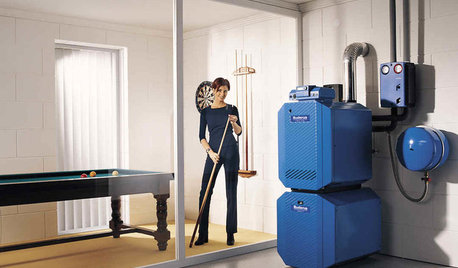
HOUSEKEEPING5 Steps to Improve Your Heating System Now
Increase your heater's efficiency and safety for lower energy bills and greater peace of mind this winter
Full Story
GREAT HOME PROJECTSHow to Switch to a Tankless Water Heater
New project for a new year: Swap your conventional heater for an energy-saving model — and don’t be fooled by misinformation
Full Story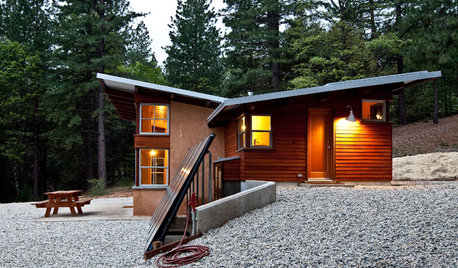
GREAT HOME PROJECTSHow to Add a Solar Water Heater
Lower energy bills without a major renovation by putting the sun to work heating your home’s water
Full Story
HEALTHY HOMEHow to Choose a Home Water Filtering System
Learn which water purification method is best for your house, from pitchers to whole-house setups
Full Story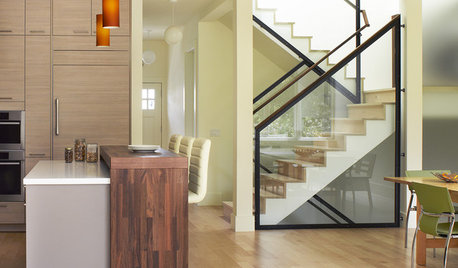
FLOORSIs Radiant Heating or Cooling Right for You?
Questions to ask before you go for one of these temperature systems in your floors or walls (yes, walls)
Full Story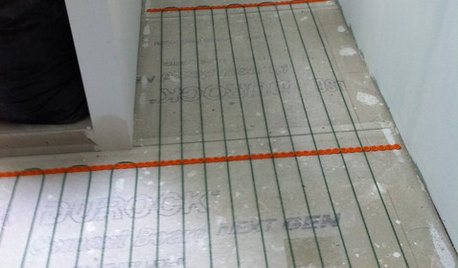
BATHROOM DESIGNWarm Up Your Bathroom With Heated Floors
If your bathroom floor is leaving you cold, try warming up to an electric heating system
Full Story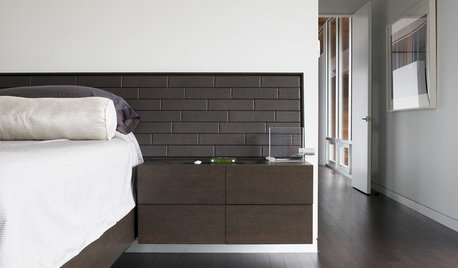
FLOORSFloors Warm Up to Radiant Heat
Toasty toes and money saved are just two benefits of radiant heat under your concrete, wood or tile floors
Full Story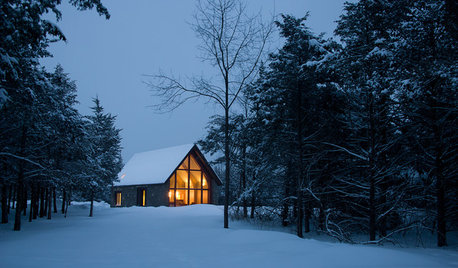
ARCHITECTURE15 Smart Design Choices for Cold Climates
Keep your home safe and comfortable in winter by choosing the right home features and systems
Full Story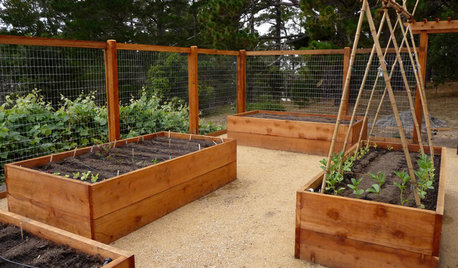
GARDENING GUIDESHow to Install a Drip Irrigation System
Save time and water with a drip watering system in your vegetable garden — a little patience now will pay off later
Full StoryMore Discussions






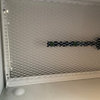

mike_home